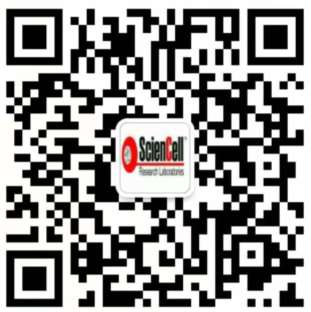{{item}}
Poly-L-Lysine (PLL), a synthetic compound, is a highly positively charged amino acid chain that enhances cell adhesion by altering surface charges on the culture substrate . It is commonly used as a coating agent to promote cell adhesion in culture. In addition to promoting cell adhesion, PLL surface treatments improve the survival of many primary cells in culture and support neurite outgrowth. This solution is provided as stock solution and contains polymers in the 70,000 - 150,000 kDa range. Concentration 10 mg/ml, sterile-filtered.
| 货号 | 0413 |
| 产地 | 美国 |
| 缩写 | PLL |
| 规格 | 10 mg/ml |
| 用途 | 科研 |
| 储存 | -20度 |
| 运输 | 胶冰 |
1.) Chiang TS, Yang KC, Chiou LL, Huang GT, Lee HS. (2014) 'Enhancement of CYP3A4 Activity in Hep G2 Cells by Lentiviral Transfection of Hepatocyte Nuclear Factor-1 Alpha.'
2.) Chiang TS, Yang KC, Chiou LL, Huang GT, Lee HS. (2014) "Enhancement of CYP3A4 Activity in Hep G2 Cells by Lentiviral Transfection of Hepatocyte Nuclear Factor-1 Alpha." PloS one. 9: e94885.
2.) Chiang TS, Yang KC, Chiou LL, Huang GT, Lee HS. (2014) "Enhancement of CYP3A4 Activity in Hep G2 Cells by Lentiviral Transfection of Hepatocyte Nuclear Factor-1 Alpha." PloS one. 9: e94885.
细胞外基质























